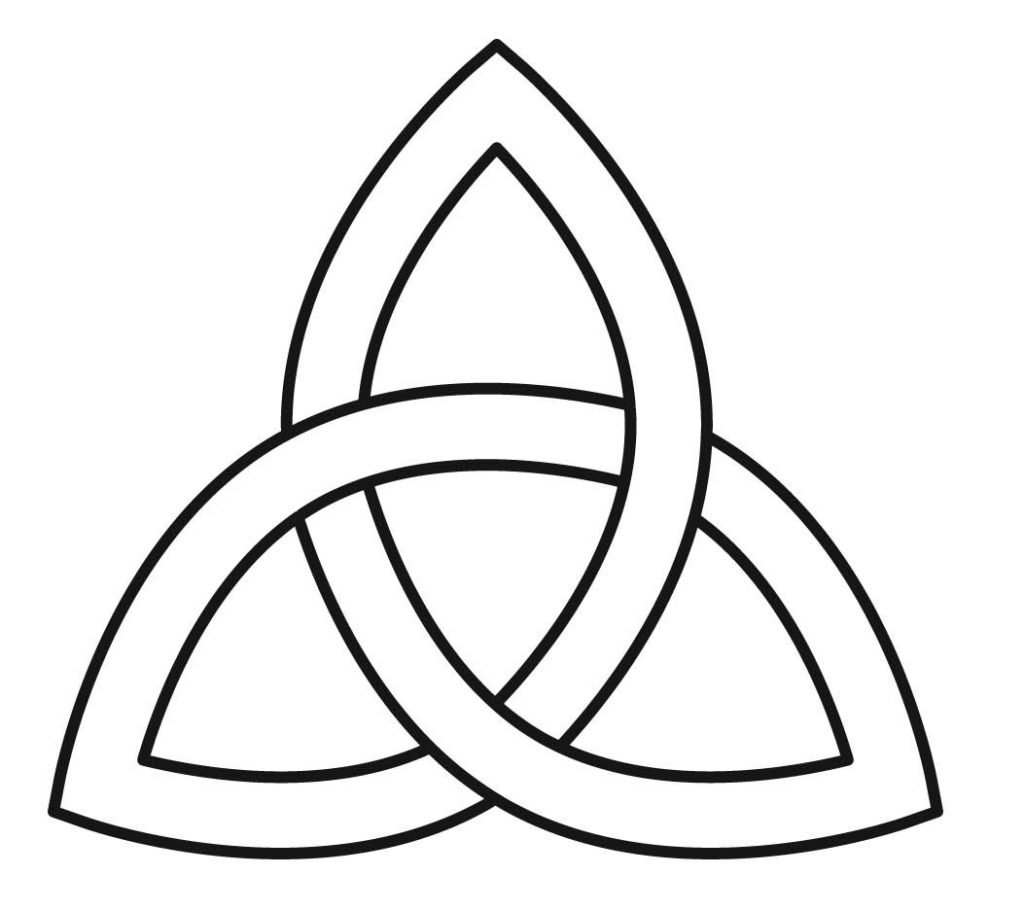Darwinism Is Mistakenly Assumed To Occur
Researchers are doing commendable work to try to eliminate disease and cancer. The BBC article below is an example of how Darwinism is assumed to be true in this context. There are innumerable living things on earth, and new ones are being discovered all the time. As the Bible says, “O LORD, what a variety of things you have made! In wisdom you made them all. The earth is full of your creatures” (Psalm 104:24 NLT). Do living things gradually change from one species to another species over the course of millions of years, as Darwinism claims? Notice Merriam-Webster’s definition of Darwinism:



 Who wrote the book of Zechariah? And When was it written? Before the sixteenth century, the writership of the book of Zechariah was unanimously believed to have been written by “the prophet Zechariah, the son of Berechiah, the son of Iddo,” beginning “in the eighth month, in the second year of Darius” king of Persia, in 520 BCE (
Who wrote the book of Zechariah? And When was it written? Before the sixteenth century, the writership of the book of Zechariah was unanimously believed to have been written by “the prophet Zechariah, the son of Berechiah, the son of Iddo,” beginning “in the eighth month, in the second year of Darius” king of Persia, in 520 BCE (
 “Whoever has ears, let them hear what the Spirit says to the churches” (
“Whoever has ears, let them hear what the Spirit says to the churches” (